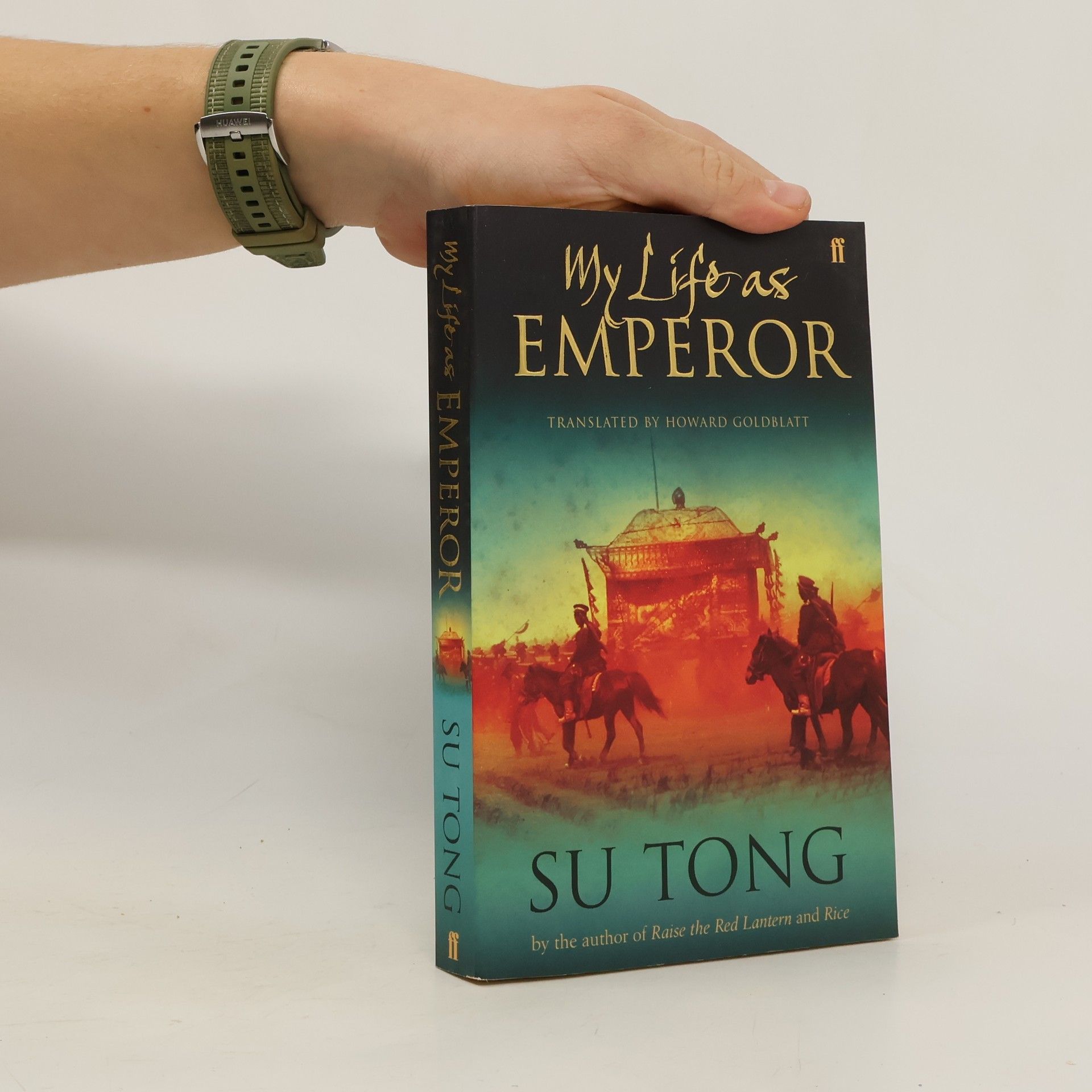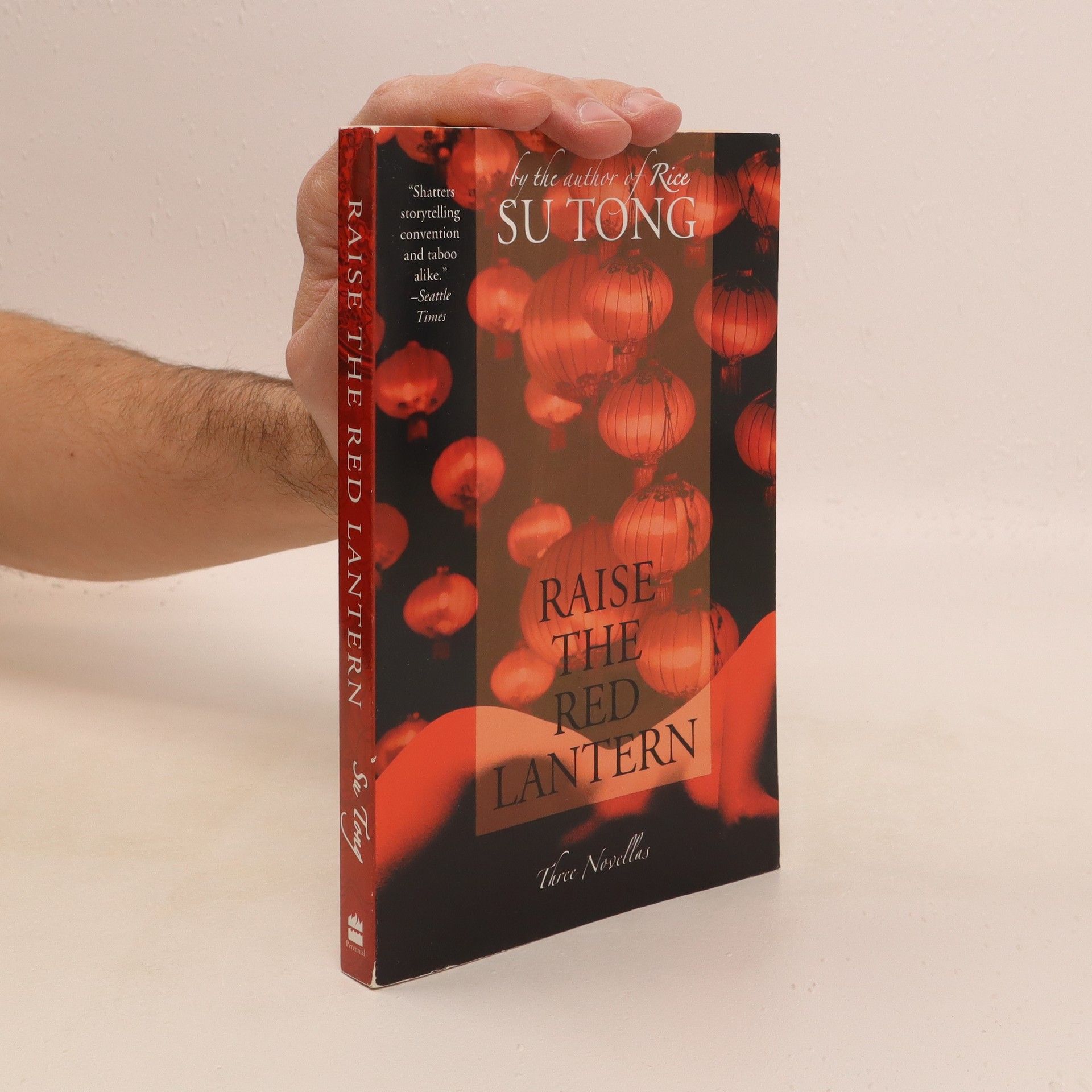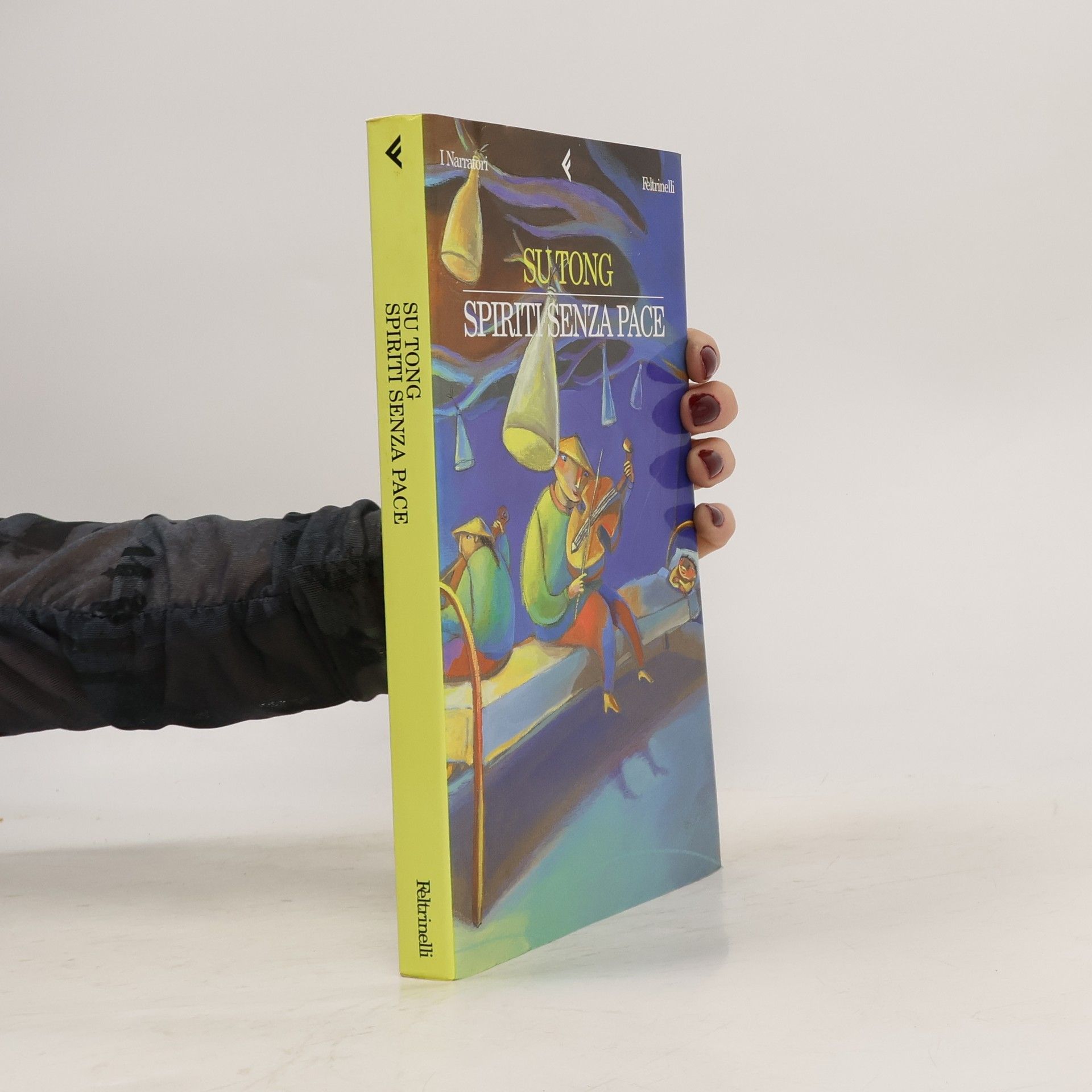Mogli e concubine
- 112pagine
- 4 ore di lettura
In una Cina ancora immersa nel medioevo della decomposizione sociale prerivoluzionaria, la giovane Songlian accetta di diventare quarta sposa e concubina del ricco Chen Zuoqian per uscire dalla povertà. Deve adeguarsi alle regole che la "casa" impone alle mogli. Il marito ha, tra l'altro, diritto di scegliere ogni sera la donna con cui passerà la notte facendo accendere davanti alla prescelta delle lanterne rosse. La vita delle mogli si consuma nell'attesa di quel momento. Solo la giovane Songlian ha il coraggio per smantellare la vuota logica di quel privilegio. La sua reazione si scontra col muro dell'indifferenza e di una messa al bando che la porta alla follia.








